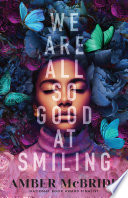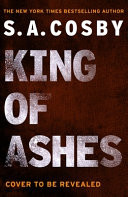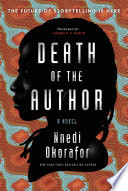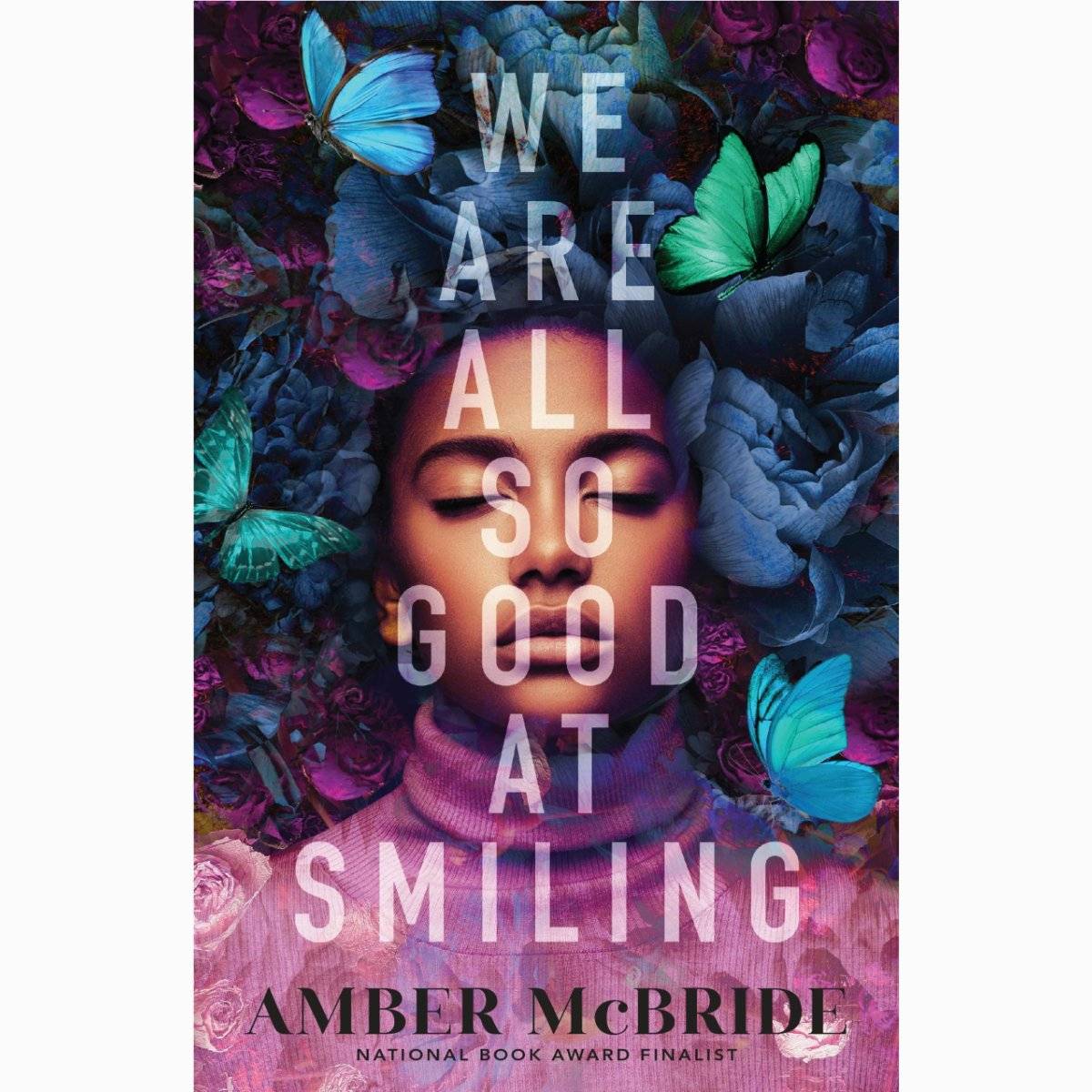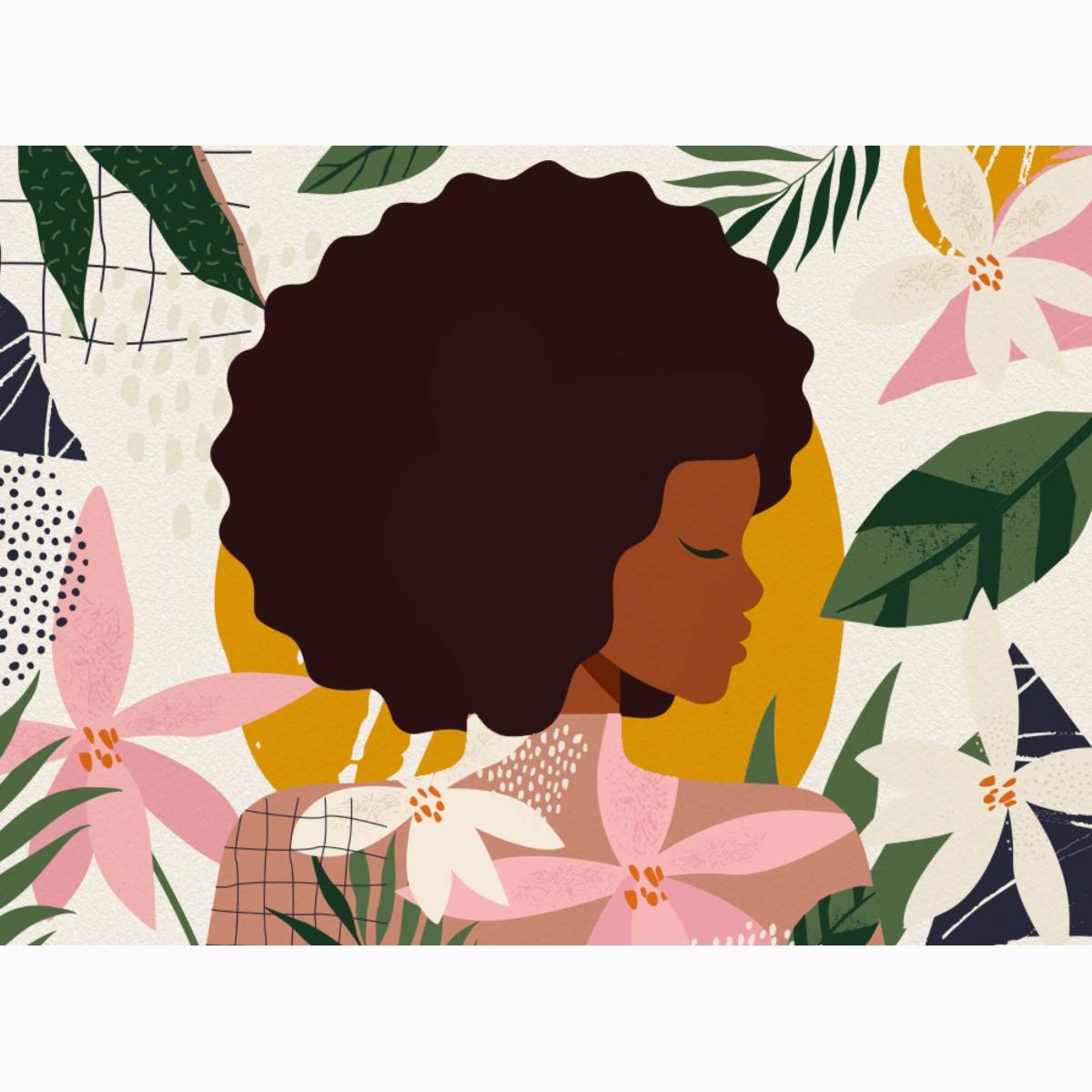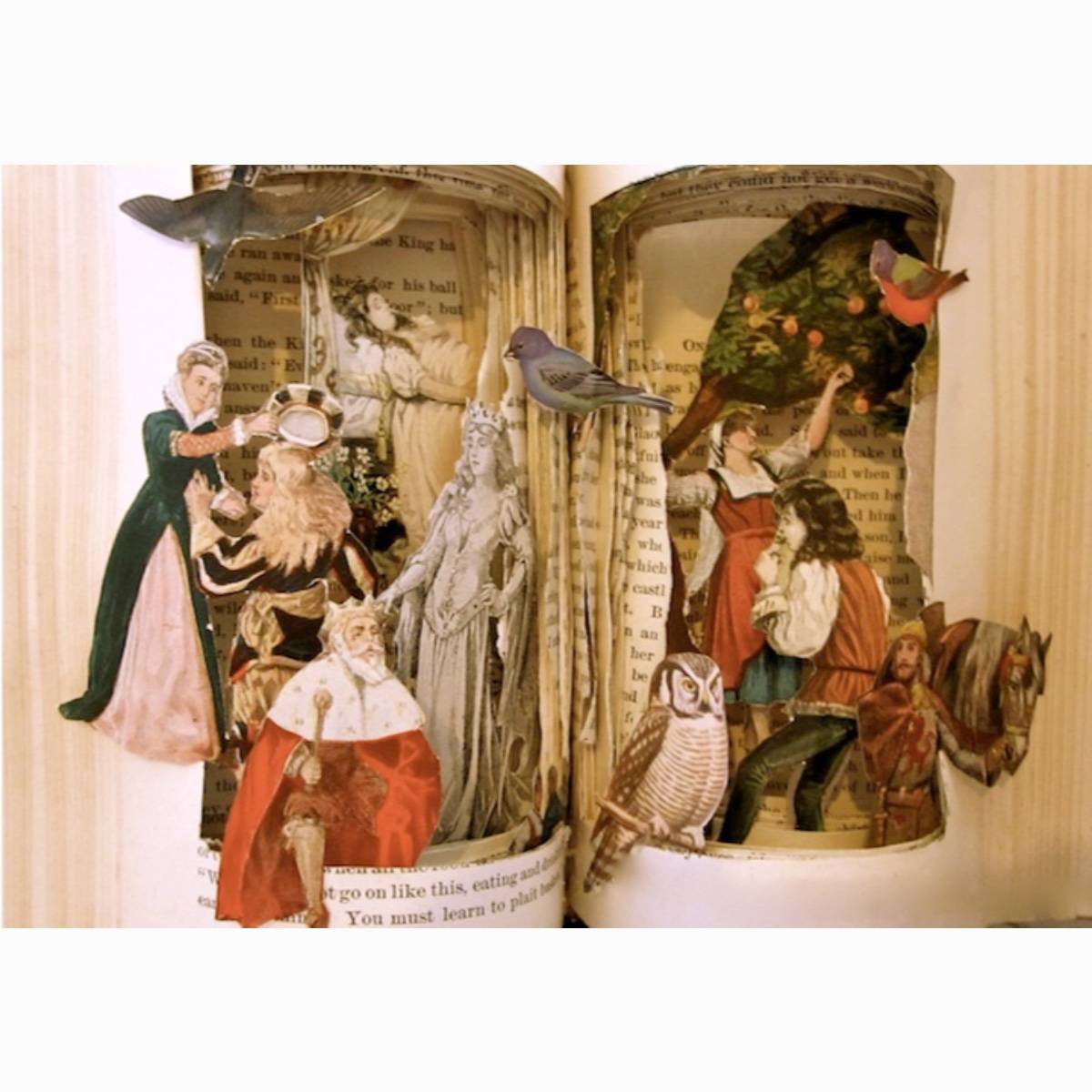Round of applause for McBride tackling these issues that most people (and authors) just breeze over. She was able to bring awareness using their inner thoughts. That said I am not a fan of this style of book, I don‘t like the novel in verse writing or fantasy reads. Absolutely nothing against McBride taking on these topics and themes is super important I will absolutely keep this on my bookshelf to recommend to students it‘s just not my cup of tea







